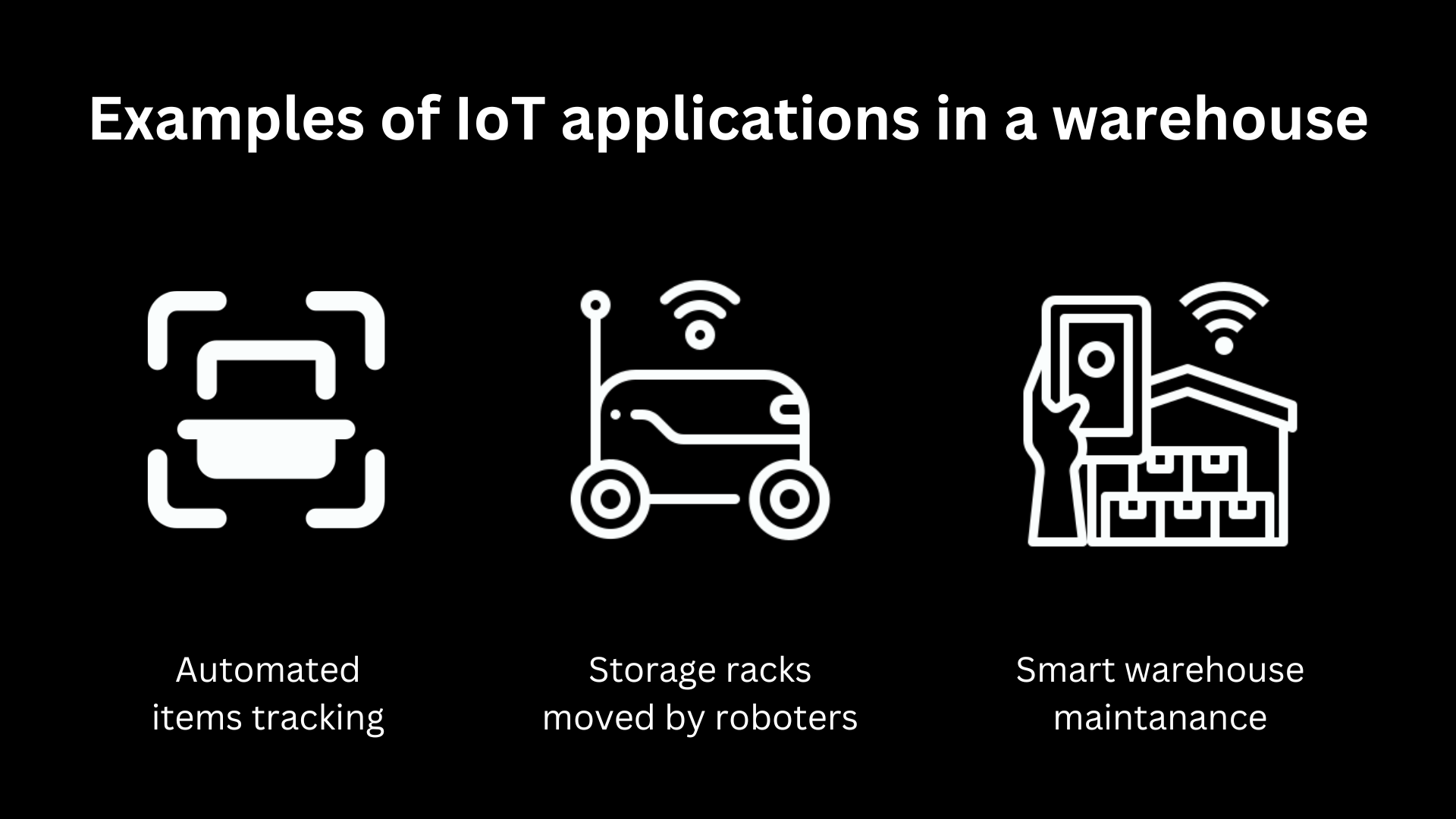How IoT, Blockchain, and AI Are Shaping the Future of EDI
Between Challenges and Innovations – The Supply Chains of Tomorrow
In a world becoming increasingly globalized, supply chains face a multitude of challenges. Unexpected disruptions, opaque processes, and limited real-time monitoring options are just some of the hurdles to overcome. But how can we address these issues and make supply chain collaboration more efficient? This article explores the collaborative redesign of Electronic Data Interchange (EDI) through the integration of IoT, Blockchain, and Artificial Intelligence (AI).
Rethinking Business Processes: Transparent Collaboration as the Key to Success
Innovative collaborative approaches are transforming traditional business processes. Mistrust is overcome through transparent communication and joint decision-making throughout the entire supply chain, preventing unexpected setbacks.
Integration of IoT: The Power of Real-Time Information
The integration of IoT mechanisms plays a crucial role in generating and transmitting real-time events within the supply chain. Cost-effective IoT sensors monitor conditions at various levels of product shipment to create a precise and timely information foundation.

Blockchain as Backbone: Securing the Supply Chain
The blockchain, as a distributed ledger, provides a tamper-resistant record of relevant events in the supply chain. The concept of “shared truth” allows all participants transparent and secure access to critical information.

Potentials for Multi-Party Collaboration: Strong Together in Real Time
The integration of IoT events into the blockchain fosters enhanced collaboration among supply chain partners. Real-time information enables proactive initiatives to address issues before they result in setbacks.
AI Technology for Increased Productivity: When AI Monitors the Supply Chain
AI technology is utilized to incorporate predictions, recommendations, and advanced automation into the supply chain. A scenario is described where a multi-party AI agent monitors the supply chain, responds to exceptional situations, and automatically takes measures to ensure delivery timelines are met.
Tax Compliance and Electronic Invoices: The Path to Seamless Fulfillment
Meeting tax compliance requirements and the significance of real-time approvals for electronic invoices play a central role in international trade relationships. The strategic integration of technologies ensures not only seamless compliance but also makes a significant contribution to efficiency improvement.

The collaborative redesign of EDI through IoT, Blockchain, and AI demonstrates significant potential for a revolutionary enhancement of supply chain collaboration. With transparent processes, real-time information, and automated decision-making, supply chains can not only become more efficient but also more resilient and agile.



